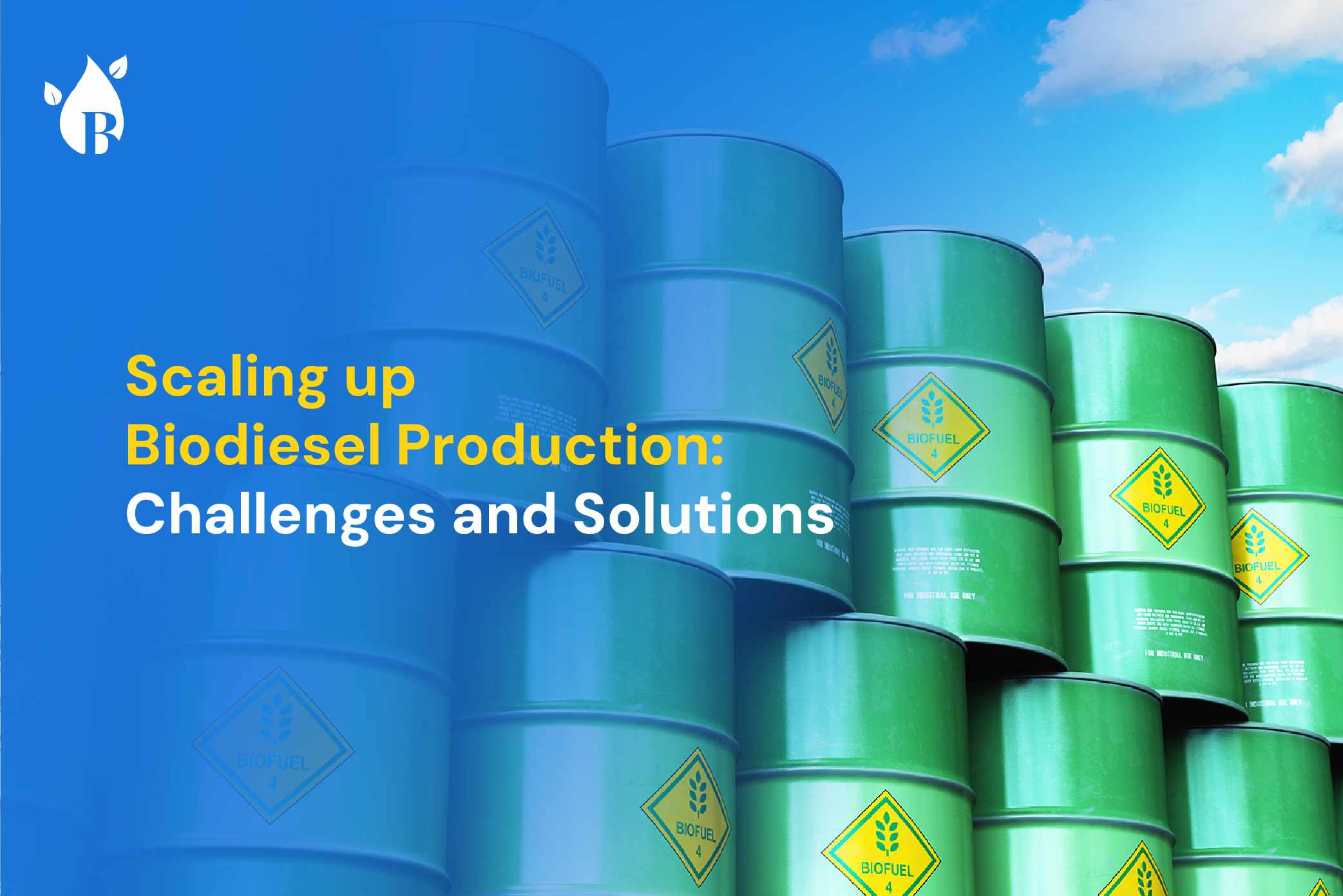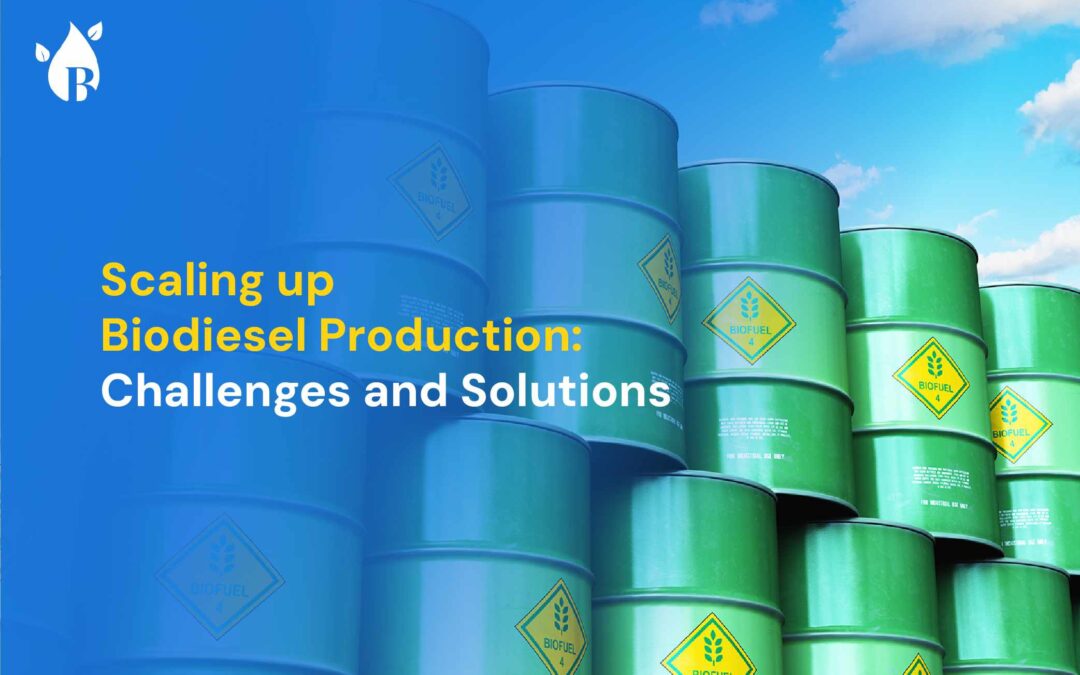
Biodiesel Production Process
The need to scale biodiesel
Also Read: Is biodiesel illegal in India?
Intricacies and Pathways Associated with Scaling Biodiesel Production
Feedstock Price Volatility
There are various reasons responsible for biodiesel fuel price fluctuations which are agricultural factors, geopolitical tensions, etc. Such components can impact the economic viability of biodiesel production. Manufacturers must navigate the challenge of managing feedstock costs while ensuring a competitive pricing strategy.
Market Development and Demand Growth
Scaling up biodiesel production requires expanding market demand. Numerous manufacturers, both large and small-scale, have embraced biodiesel production across various locations in the state.
Buyofuel serves as a supply chain partner for several biodiesel manufacturers in India. Additionally, Buyofuel also assists biodiesel consumers in buying their fuel at ease.
Investment Gap
Undoubtedly, scaling up production capacity often requires substantial financial investment. Biodiesel manufacturers face challenges in securing adequate funding for infrastructure development, technology upgrades, and working capital requirements.
Need for Research and Development
Advancements in biodiesel production technologies can significantly enhance efficiency, productivity, and quality. Manufacturers need to invest in research and development to optimize production processes, explore innovative catalysts, and develop advanced equipment.
Policy Instability
In India, there is no specific regulatory framework with respect to manufacturing of biodiesel or policies for that matter other than a goal to achieve a target placed in the National Biofuel Policy. However, there are some regulatory requirements and industry standards for biodiesel manufacturers which cannot be neglected. Moreover, the government should focus on retailing biodiesel with transparency which in turn will inculcate credibility among consumers and manufacturers.
Conculsion
Join Buyofuel today and experience the benefits of a dedicated marketplace tailored to the biodiesel industry. Showcase your offerings, set your biodiesel fuel price, and unlock new opportunities for growth. Don’t miss out on the chance to expand your reach and make a lasting impact on the renewable energy landscape.




